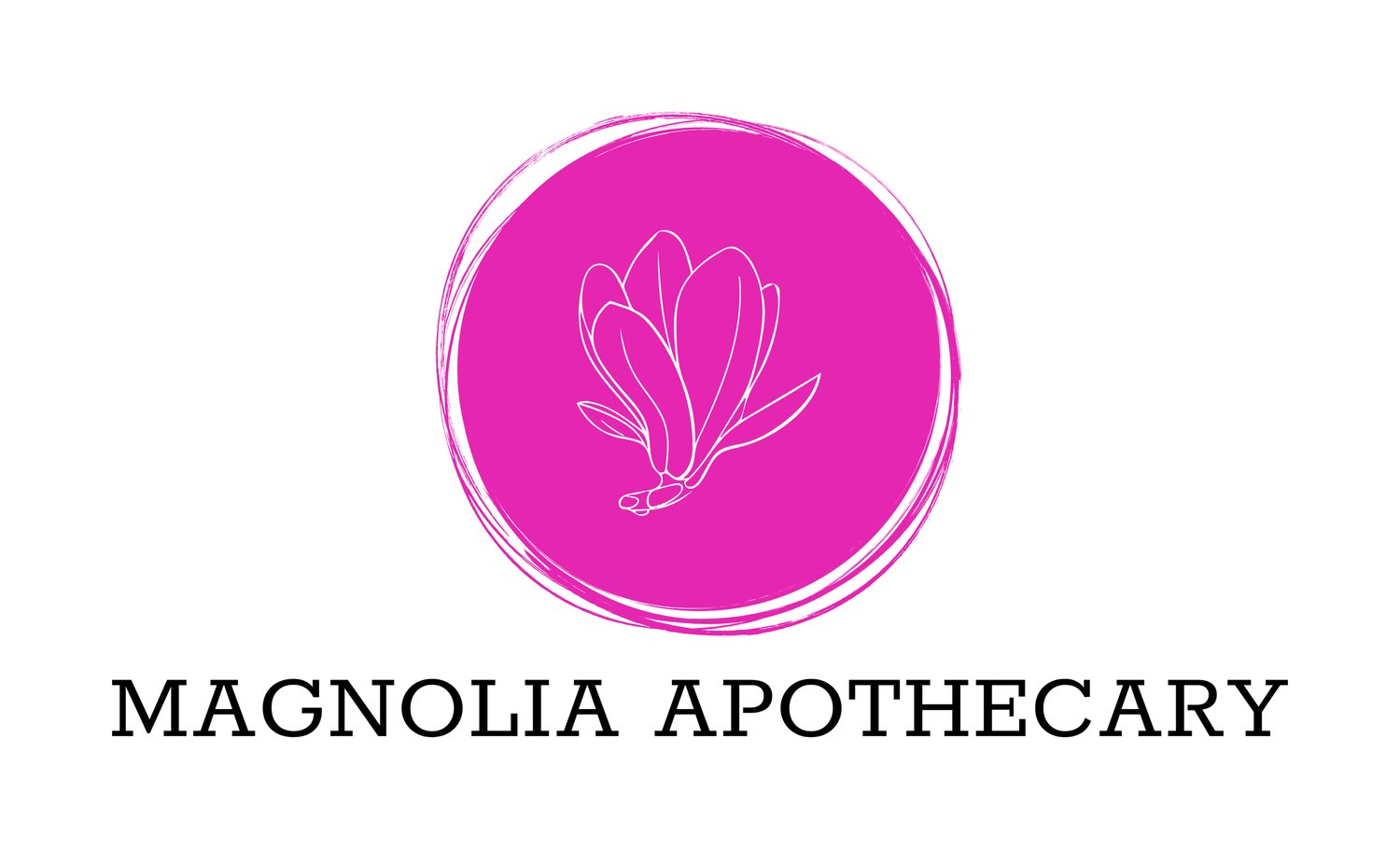You are what you Eat!
Food is Medicine!
I say this a lot “Food is Medicine”, I tag it on my Instagram posts and I keep on saying it to my clients. “Food is Medicine” You will even find the following quote on my website homepage.
“Let food be thy medicine, and medicine be thy food – Hippocrates”
So it goes to show how long this ideal has been around, but it seems that we are ignoring this piece of information. I don’t think that people fully understand the impact that food has on their health.
In the clinic, I often use herbs or nutrients to help treat whatever the condition is. But food and diet will always be the key to ongoing health and well-being.
I think we have been conditioned to expect a quick fix for our health conditions, such as a one-pill option just like when they go to the GP. And for some, that is easier than putting in the work required to change the diet. What you eat will always impact on how you feel.
It can take many years for your health to deteriorate due to bad diet choices, so it seems reasonable that it will take time for it to be repaired. Medications are not the answer and they are often only a bandaid approach. Medications often come with their own set of side effects that can add to the original condition.
Food is Medicine is phrase you should practice.
A diet low in protein will cause issues with mood, depression, anxiety and sleep. Vitamin B1, B3, B6, B9 and B12 are all essential for optimal neuronal function, and a deficiency is often associated with declining memory, cognitive impairment and dementia. There is also a link with depression when a deficiency is seen with the B vitamins.
Stomach acid, zinc, B1 and B6 are all essential to break down your proteins into amino acids. For these amino acids to get broken down further and supply you with things like tryptophan and serotonin (the feel-good one and the one targeted with prescription medications) you will also need magnesium, vitamin C, folate, iron and calcium. This is a big list of nutrients and often these are the most common deficiencies seen in the clinic. Another reason why “Food is Mood”.
Stomach acid can only be produced in a healthy gut environment with optimal pH. Stomach acid plays a key role in the digestion of protein, carbohydrates and fat. Stomach acid requires B6 and zinc for production and can be disturbed by some of our modern addictions such as coffee and alcohol. When the pH of the stomach gets low, then the secretion of enzymes needed for protein breakdown is inhibited. This can lead to undigested proteins which then putrefy in the gut, and may cause gas, bloating, heartburn and other digestive issues.
Stress is often a major cause of this digestive upheaval as it causes a downregulation of digestive function. When this happens we see some of the gut issues as already mentioned, but also an increase in inflammation. When there is inflammation in the gut, we may see a “leaky gut, “ which can lead to food sensitivities.
So again how important is food? Very important! You are what you eat, literally!
Nutrients are mostly gained from fresh, whole food rather than packaged and processed stuff. B vitamins are found in your leafy green vegetables which are often lacking in fast and packaged foods.
Fresh fruit and vegetables contain a large variety of vitamins and minerals all of which are needed for proper bodily functions. Proteins are found in lean meats, eggs, legumes, cheese and milks. Good fats are found in nuts, seeds, avocado and oily fish. Whole grains and starchy vegetables are good sources of carbohydrates.
When you have a particular food craving it can indicate a deficiency of a specific vitamin or mineral. Take chocolate for example this is often a magnesium deficiency, while dairy cravings can indicate calcium deficiency.
For more information on what your cravings mean download the following:
Cravings list
If you are concerned about your gut health and want to take the leaky gut survey follow the following link.
If you are wanting to find out more then book in for a free 15 minute discovery call. Book here
